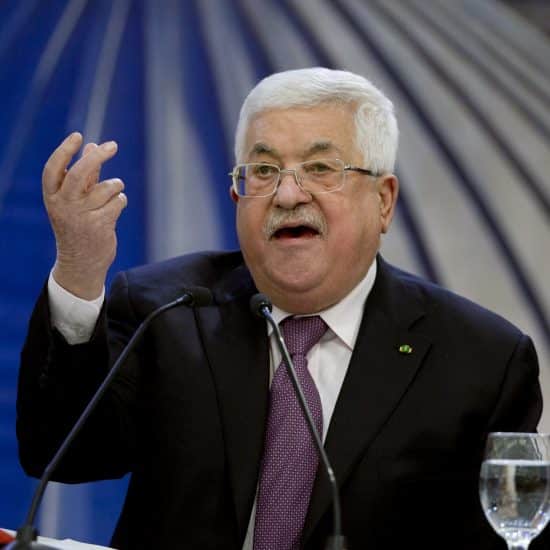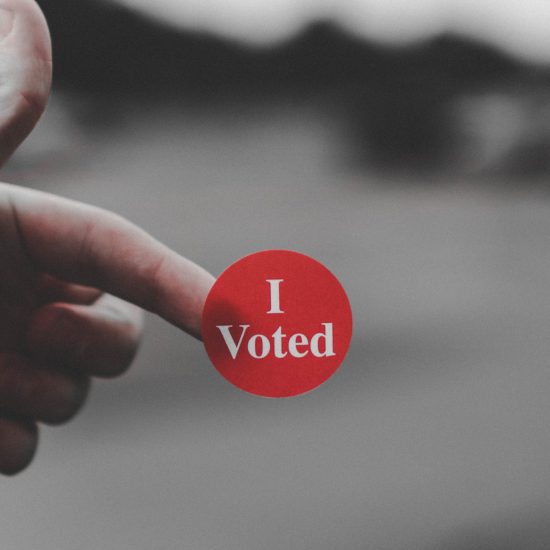WASHINGTON (ABP) – President Obama met 40 minutes July 20 with Christian leaders seeking to protect programs that aid poor people in any debt-reduction deal that the administration reaches with Congress.
Participants in the meeting said the national coalition calling itself the Circle of Protection isn’t lobbying for any particular piece of legislation aimed at reducing the country’s $14.3 trillion national debt, but wants to make sure voices of the poor do not get drowned out in partisan debate between Democrats and Republicans on Capitol Hill.
“This is a moving target,” Jim Wallis of Sojourners said July 21 in a telephonic press conference by some of the individuals who met with administration officials in the White House’s Roosevelt Room. “What we are saying in this moving target is there are some principles that ought to be included in whatever deal is done.”
Wallis said in previous budget debates there has been broad bipartisan commitment to protecting vulnerable people, but not much is being said about that in the current party lines dividing along issues like whether to raise taxes and cut military spending.
Wallis, a longtime evangelical leader who currently is a member at First Baptist Church in Washington, said politicians listen to rich people, because they contribute to campaigns, and to the middle-class, because they represent most voters, but, “Washington just doesn’t pay attention to poor people.”
Leaders said the coalition is not trying to pit the poor against the middle class, but rather to keep in place a safety net that many middle class Americans are unexpectedly finding themselves dependent upon if they lose their job.
Stephen Thurston, president of the National Baptist Convention of America and pastor of New Covenant Missionary Baptist Church in Chicago, said he is seeing more and more professionals like teachers and college graduates who are receiving food stamps when they cannot find a job.
“Poverty is taking a new face,” Thurston said. “The new face of poverty is being seen by someone in almost every family that we are speaking to on Sundays and meeting in our communities.”
Due to the nature of the meeting, participants said there were some things the president said that they were not at liberty to share. But Wallis said all agreed that “shared sacrifice” in any budget deal “should not be borne by the least of these.”
“He used the phrase,” Wallis said. “We know it from Matthew 25. That is the reason we were all there. That is the text that brings us there. It’s always heartening to hear a political leader refer to that text, that he knows that text.”
On July 20 the House of Representatives voted 234-190, mostly along party lines, for a “cut, cap and balance” bill that makes raising the debt ceiling contingent on adding a balanced-budget amendment to the Constitution.
The Ethics and Religious Liberty Commission of the Southern Baptist Convention is one of 220 conservative-leaning groups supporting the measure. Agency head Richard Land said in Baptist Press the approach “is the most realistic and comprehensive proposal that has been made to begin digging our way out of this crisis” and that “all responsible citizens should endorse it.”
Liberal public policy groups including labor unions, the NAACP and the National Immigration Law Center opposed it. Observers say the bill has little or no chance of passing in the Democratic-controlled Senate, and President Obama has threatened to veto it if it does.
Obama accused Republicans of doing things “just to make political statements” and said that everyone believes at some point there needs to be a balanced budget. “We don’t need a constitutional amendment to do that,” he said. “What we need to do is to do our jobs.”
The president was much warmer toward a compromise deal put forth by a bipartisan group of senators called the Gang of Six -– formerly three Democrats and three Republicans before Sen. Tom Coburn (R-Okla.) dropped out because Democrats were unwilling to cut Social Security or Medicare.
Members of the Circle of Protection said their main concern is that whoever wins the debate in Washington that the poor and vulnerable don’t wind up as losers.
“Every Gang of Six, every House of Representatives, every Speaker of the House, the question should be asked, ‘How will this affect the vulnerable?’” Wallis said.
-30-
Bob Allen is managing editor of Associated Baptist Press.


